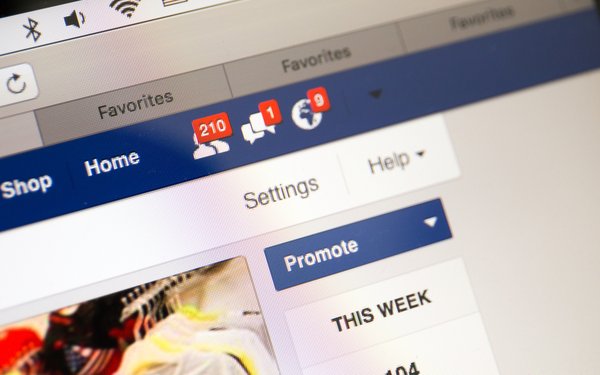
Pointing the finger at the Russian and Iranian
governments, Facebook just thwarted two coordinated efforts to sully its network with “inauthentic” activity.
With the help of cybersecurity firm FireEye, the social giant says it
has removed 652 Pages, groups and accounts, which targeted users on Facebook and Instagram in the Middle East, Latin America, the United Kingdom and the United States.
Facebook had been
tracking the campaigns for months before deciding to act. For CEO Mark Zuckerberg, correctly timing such crackdowns is never easy.
“If we remove [bad actors] too early, it’s harder
to understand their playbook and the extent of their network,” Zuckerberg said on a call with members of the press on Tuesday. “And it can also make it harder for law enforcement
who are running their own investigations, as well.”
advertisement
advertisement
Although investigations into both campaigns remain ongoing, Facebook and its security partners have clearly connected them
to state-owned media in Iran and Russian military intelligence services.
For Facebook and other U.S. tech titans, engaging in geopolitical warfare has become common practice.
For
example, Microsoft just foiled another attempt by the Russian government to meddle in the U.S. electoral process. On the news, Brad Smith, Microsoft’s president-Chief Legal
Officer, suggested that the problem of foreign actors attempting to meddle with its network is getting worse.
Regardless, Facebook executives insist that they are getting better at detecting
and discouraging such abuses.
“Since 2016, we’ve made significant progress on stopping fake accounts,” Guy Rosen, vice president-product management at Facebook, said on
the Tuesday press call. “We’ve worked to develop systems to discover coordinated operations like these ones, as well as financially motivated operations.”
In
addition, Rosen said that Facebook is putting new transparency products in place for both ads and Pages, along with new verification processes.
While the full scale of the problem remains
unclear, Facebook does appear to be catching bad actors with greater frequency.
Just last month, the company said it shut
down a coordinated campaign to sow disinformation and discord among U.S. voters. Some of the campaign’s activity was consistent with what Facebook had previously seen from the Internet
Research Agency (IRA), which has well-known ties to the Kremlin.